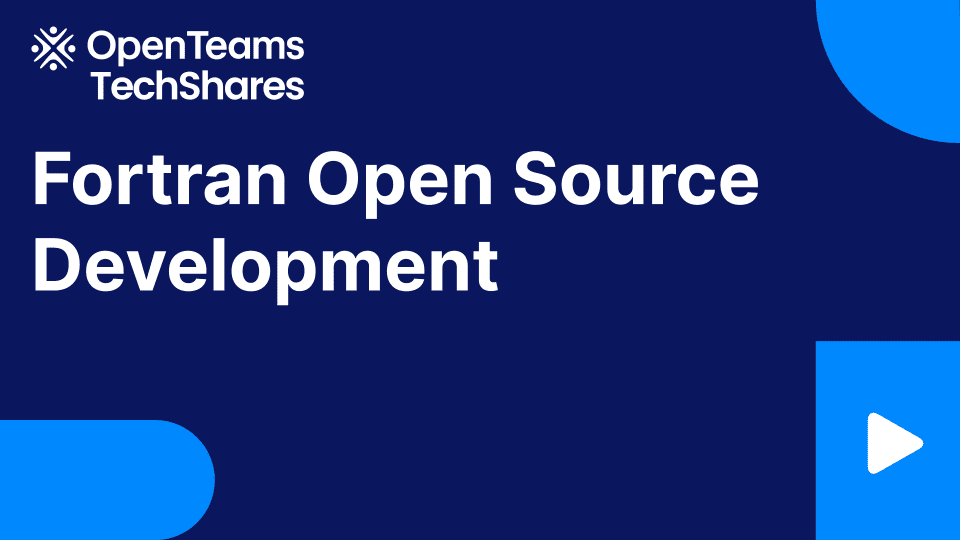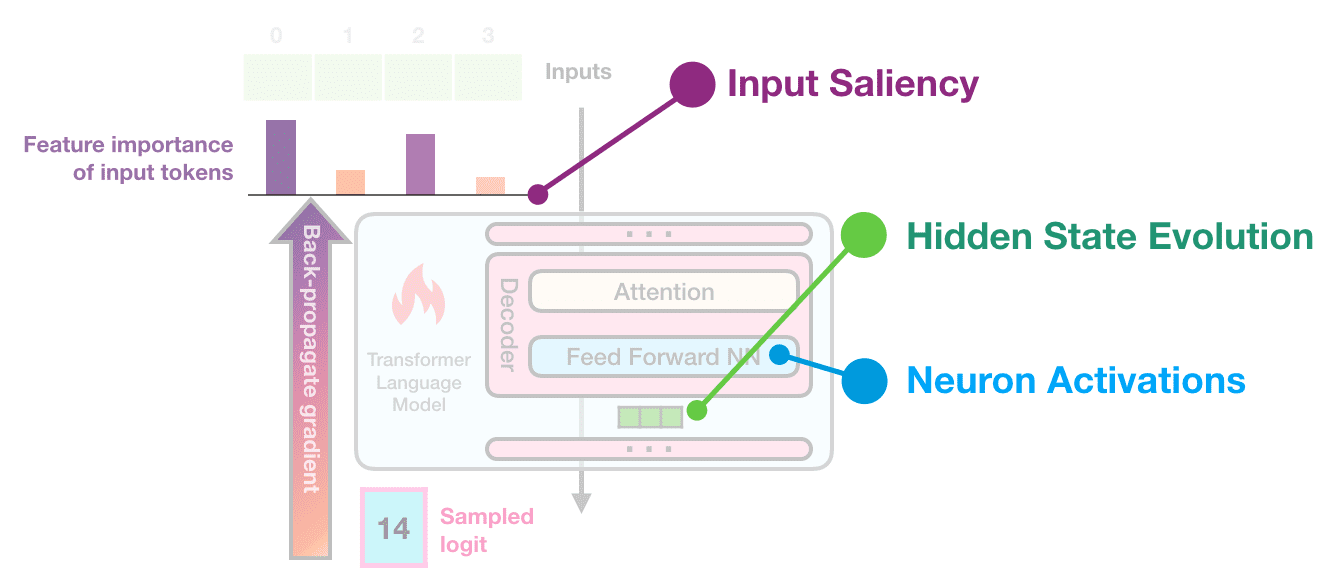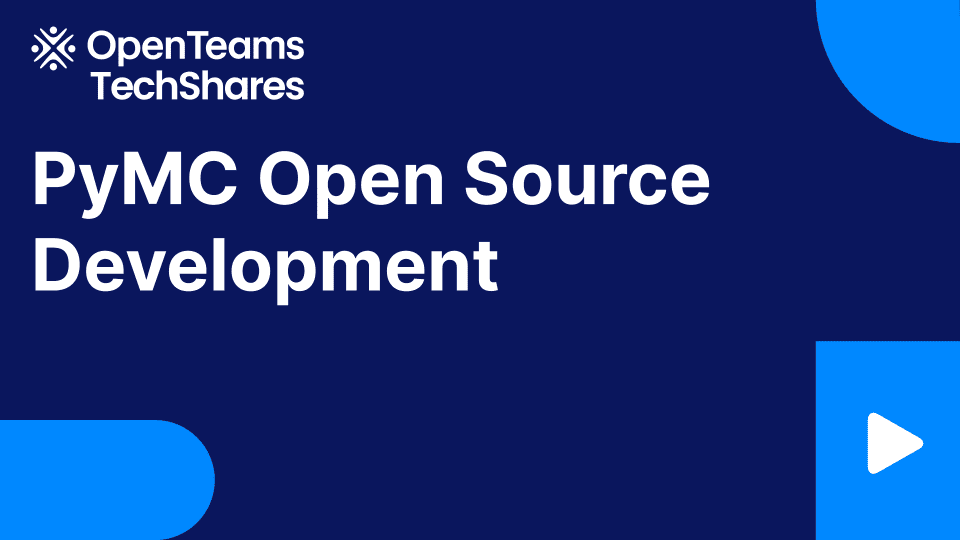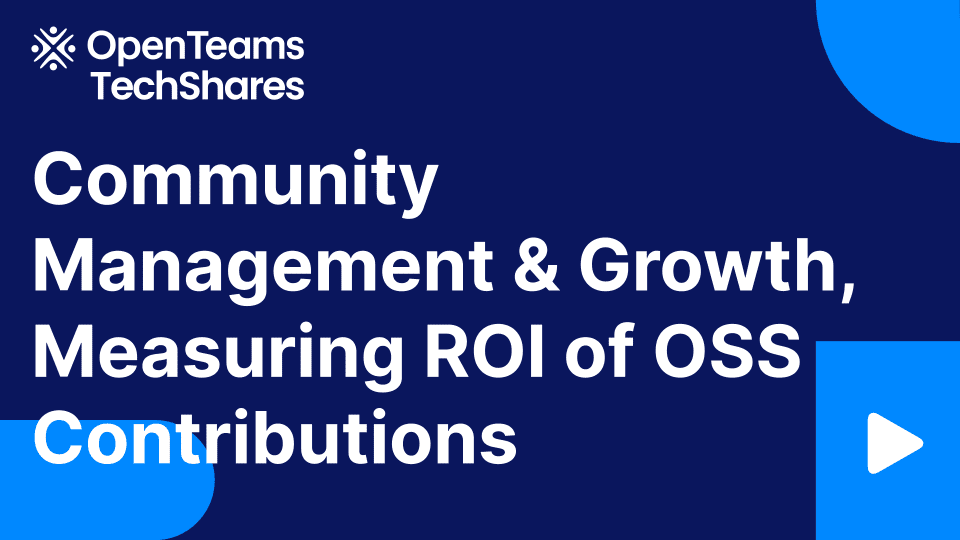
Google at ACL 2023

This week, the 61st annual meeting of the Association for Computational Linguistics (ACL), a premier conference covering a broad spectrum of research areas that are concerned with computational approaches to natural language, is taking place in Vancouver, BC. As a leader in natural language processing and understanding, and a Diamond Level sponsor of ACL 2023, Google will showcase the latest research in the field with over 50 publications, and active involvement in a variety of workshops and tutorials.
If you’re registered for ACL 2023, we hope that you’ll visit the Google booth to learn more about the projects at Google that go into solving interesting problems for billions of people. You can also learn more about Google’s participation below (Google affiliations in bold).
Board and Organizing Committee
Area chairs include: Dan Garrette
Workshop chairs include: Annie Louis
Publication chairs include: Lei Shu
Program Committee includes: Vinodkumar Prabhakaran, Najoung Kim, Markus Freitag
Spotlight papers
NusaCrowd: Open Source Initiative for Indonesian NLP Resources
Samuel Cahyawijaya, Holy Lovenia, Alham Fikri Aji, Genta Winata, Bryan Wilie, Fajri Koto, Rahmad Mahendra, Christian Wibisono, Ade Romadhony, Karissa Vincentio, Jennifer Santoso, David Moeljadi, Cahya Wirawan, Frederikus Hudi, Muhammad Satrio Wicaksono, Ivan Parmonangan, Ika Alfina, Ilham Firdausi Putra, Samsul Rahmadani, Yulianti Oenang, Ali Septiandri, James Jaya, Kaustubh Dhole, Arie Suryani, Rifki Afina Putri, Dan Su, Keith Stevens, Made Nindyatama Nityasya, Muhammad Adilazuarda, Ryan Hadiwijaya, Ryandito Diandaru, Tiezheng Yu, Vito Ghifari, Wenliang Dai, Yan Xu, Dyah Damapuspita, Haryo Wibowo, Cuk Tho, Ichwanul Karo Karo, Tirana Fatyanosa, Ziwei Ji, Graham Neubig, Timothy Baldwin, Sebastian Ruder, Pascale Fung, Herry Sujaini, Sakriani Sakti, Ayu Purwarianti
Optimizing Test-Time Query Representations for Dense Retrieval
Mujeen Sung, Jungsoo Park, Jaewoo Kang, Danqi Chen, Jinhyuk Lee
PropSegmEnt: A Large-Scale Corpus for Proposition-Level Segmentation and Entailment Recognition
Sihao Chen*, Senaka Buthpitiya, Alex Fabrikant, Dan Roth, Tal Schuster
Distilling Step-by-Step! Outperforming Larger Language Models with Less Training Data and Smaller Model Sizes
Cheng-Yu Hsieh*, Chun-Liang Li, Chih-Kuan Yeh, Hootan Nakhost, Yasuhisa Fujii, Alex Ratner, Ranjay Krishna, Chen-Yu Lee, Tomas Pfister
Large Language Models with Controllable Working Memory
Daliang Li, Ankit Singh Rawat, Manzil Zaheer, Xin Wang, Michal Lukasik, Andreas Veit, Felix Yu, Sanjiv Kumar
OpineSum: Entailment-Based Self-Training for Abstractive Opinion Summarization
Annie Louis, Joshua Maynez
RISE: Leveraging Retrieval Techniques for Summarization Evaluation
David Uthus, Jianmo Ni
Follow the Leader(board) with Confidence: Estimating p-Values from a Single Test Set with Item and Response Variance
Shira Wein*, Christopher Homan, Lora Aroyo, Chris Welty
SamToNe: Improving Contrastive Loss for Dual Encoder Retrieval Models with Same Tower Negatives
Fedor Moiseev, Gustavo Hernandez Abrego, Peter Dornbach, Imed Zitouni, Enrique Alfonseca, Zhe Dong
Papers
Searching for Needles in a Haystack: On the Role of Incidental Bilingualism in PaLM’s Translation Capability
Eleftheria Briakou, Colin Cherry, George Foster
Prompting PaLM for Translation: Assessing Strategies and Performance
David Vilar, Markus Freitag, Colin Cherry, Jiaming Luo, Viresh Ratnakar, George Foster
Query Refinement Prompts for Closed-Book Long-Form QA
Reinald Kim Amplayo, Kellie Webster, Michael Collins, Dipanjan Das, Shashi Narayan
To Adapt or to Annotate: Challenges and Interventions for Domain Adaptation in Open-Domain Question Answering
Dheeru Dua*, Emma Strubell, Sameer Singh, Pat Verga
FRMT: A Benchmark for Few-Shot Region-Aware Machine Translation (see blog post)
Parker Riley, Timothy Dozat, Jan A. Botha, Xavier Garcia, Dan Garrette, Jason Riesa, Orhan Firat, Noah Constant
Conditional Generation with a Question-Answering Blueprint
Shashi Narayan, Joshua Maynez, Reinald Kim Amplayo, Kuzman Ganchev, Annie Louis, Fantine Huot, Anders Sandholm, Dipanjan Das, Mirella Lapata
Coreference Resolution Through a Seq2Seq Transition-Based System
Bernd Bohnet, Chris Alberti, Michael Collins
Cross-Lingual Transfer with Language-Specific Subnetworks for Low-Resource Dependency Parsing
Rochelle Choenni, Dan Garrette, Ekaterina Shutova
DAMP: Doubly Aligned Multilingual Parser for Task-Oriented Dialogue
William Held*, Christopher Hidey, Fei Liu, Eric Zhu, Rahul Goel, Diyi Yang, Rushin Shah
RARR: Researching and Revising What Language Models Say, Using Language Models
Luyu Gao*, Zhuyun Dai, Panupong Pasupat, Anthony Chen*, Arun Tejasvi Chaganty, Yicheng Fan, Vincent Y. Zhao, Ni Lao, Hongrae Lee, Da-Cheng Juan, Kelvin Guu
Benchmarking Large Language Model Capabilities for Conditional Generation
Joshua Maynez, Priyanka Agrawal, Sebastian Gehrmann
Crosslingual Generalization Through Multitask Fine-Tuning
Niklas Muennighoff, Thomas Wang, Lintang Sutawika, Adam Roberts, Stella Biderman, Teven Le Scao, M. Saiful Bari, Sheng Shen, Zheng Xin Yong, Hailey Schoelkopf, Xiangru Tang, Dragomir Radev, Alham Fikri Aji, Khalid Almubarak, Samuel Albanie, Zaid Alyafeai, Albert Webson, Edward Raff, Colin Raffel
DisentQA: Disentangling Parametric and Contextual Knowledge with Counterfactual Question Answering
Ella Neeman, Roee Aharoni, Or Honovich, Leshem Choshen, Idan Szpektor, Omri Abend
Resolving Indirect Referring Expressions for Entity Selection
Mohammad Javad Hosseini, Filip Radlinski, Silvia Pareti, Annie Louis
SeeGULL: A Stereotype Benchmark with Broad Geo-Cultural Coverage Leveraging Generative Models
Akshita Jha*, Aida Mostafazadeh Davani, Chandan K Reddy, Shachi Dave, Vinodkumar Prabhakaran, Sunipa Dev
The Tail Wagging the Dog: Dataset Construction Biases of Social Bias Benchmarks
Nikil Selvam, Sunipa Dev, Daniel Khashabi, Tushar Khot, Kai-Wei Chang
Character-Aware Models Improve Visual Text Rendering
Rosanne Liu, Dan Garrette, Chitwan Saharia, William Chan, Adam Roberts, Sharan Narang, Irina Blok, RJ Mical, Mohammad Norouzi, Noah Constant
Cold-Start Data Selection for Better Few-Shot Language Model Fine-Tuning: A Prompt-Based Uncertainty Propagation Approach
Yue Yu, Rongzhi Zhang, Ran Xu, Jieyu Zhang, Jiaming Shen, Chao Zhang
Covering Uncommon Ground: Gap-Focused Question Generation for Answer Assessment
Roni Rabin, Alexandre Djerbetian, Roee Engelberg, Lidan Hackmon, Gal Elidan, Reut Tsarfaty, Amir Globerson
FormNetV2: Multimodal Graph Contrastive Learning for Form Document Information Extraction
Chen-Yu Lee, Chun-Liang Li, Hao Zhang, Timothy Dozat, Vincent Perot, Guolong Su, Xiang Zhang, Kihyuk Sohn, Nikolay Glushinev, Renshen Wang, Joshua Ainslie, Shangbang Long, Siyang Qin, Yasuhisa Fujii, Nan Hua, Tomas Pfister
Dialect-Robust Evaluation of Generated Text
Jiao Sun*, Thibault Sellam, Elizabeth Clark, Tu Vu*, Timothy Dozat, Dan Garrette, Aditya Siddhant, Jacob Eisenstein, Sebastian Gehrmann
MISGENDERED: Limits of Large Language Models in Understanding Pronouns
Tamanna Hossain, Sunipa Dev, Sameer Singh
LAMBADA: Backward Chaining for Automated Reasoning in Natural Language
Mehran Kazemi, Najoung Kim, Deepti Bhatia, Xin Xu, Deepak Ramachandran
LAIT: Efficient Multi-Segment Encoding in Transformers with Layer-Adjustable Interaction
Jeremiah Milbauer*, Annie Louis, Mohammad Javad Hosseini, Alex Fabrikant, Donald Metzler, Tal Schuster
Modular Visual Question Answering via Code Generation (see blog post)
Sanjay Subramanian, Medhini Narasimhan, Kushal Khangaonkar, Kevin Yang, Arsha Nagrani, Cordelia Schmid, Andy Zeng, Trevor Darrell, Dan Klein
Towards Understanding Chain-of-Thought Prompting: An Empirical Study of What Matters
Boshi Wang, Sewon Min, Xiang Deng, Jiaming Shen, You Wu, Luke Zettlemoyer and Huan Sun
Better Zero-Shot Reasoning with Self-Adaptive Prompting
Xingchen Wan*, Ruoxi Sun, Hanjun Dai, Sercan Ö. Arik, Tomas Pfister
Factually Consistent Summarization via Reinforcement Learning with Textual Entailment Feedback
Paul Roit, Johan Ferret, Lior Shani, Roee Aharoni, Geoffrey Cideron, Robert Dadashi, Matthieu Geist, Sertan Girgin, Léonard Hussenot, Orgad Keller, Nikola Momchev, Sabela Ramos, Piotr Stanczyk, Nino Vieillard, Olivier Bachem, Gal Elidan, Avinatan Hassidim, Olivier Pietquin, Idan Szpektor
Natural Language to Code Generation in Interactive Data Science Notebooks
Pengcheng Yin, Wen-Ding Li, Kefan Xiao, Abhishek Rao, Yeming Wen, Kensen Shi, Joshua Howland, Paige Bailey, Michele Catasta, Henryk Michalewski, Oleksandr Polozov, Charles Sutton
Teaching Small Language Models to Reason
Lucie Charlotte Magister*, Jonathan Mallinson, Jakub Adamek, Eric Malmi, Aliaksei Severyn
Using Domain Knowledge to Guide Dialog Structure Induction via Neural Probabilistic Soft Logic
Connor Pryor*, Quan Yuan, Jeremiah Liu, Mehran Kazemi, Deepak Ramachandran, Tania Bedrax-Weiss, Lise Getoor
A Needle in a Haystack: An Analysis of High-Agreement Workers on MTurk for Summarization
Lining Zhang, Simon Mille, Yufang Hou, Daniel Deutsch, Elizabeth Clark, Yixin Liu, Saad Mahamood, Sebastian Gehrmann, Miruna Clinciu, Khyathi Raghavi Chandu and João Sedoc
Industry Track papers
Federated Learning of Gboard Language Models with Differential Privacy
Zheng Xu, Yanxiang Zhang, Galen Andrew, Christopher Choquette, Peter Kairouz, Brendan McMahan, Jesse Rosenstock, Yuanbo Zhang
KAFA: Rethinking Image Ad Understanding with Knowledge-Augmented Feature Adaptation of Vision-Language Models
Zhiwei Jia*, Pradyumna Narayana, Arjun Akula, Garima Pruthi, Hao Su, Sugato Basu, Varun Jampani
ACL Findings papers
Multilingual Summarization with Factual Consistency Evaluation
Roee Aharoni, Shashi Narayan, Joshua Maynez, Jonathan Herzig, Elizabeth Clark, Mirella Lapata
Parameter-Efficient Fine-Tuning for Robust Continual Multilingual Learning
Kartikeya Badola, Shachi Dave, Partha Talukdar
FiDO: Fusion-in-Decoder Optimized for Stronger Performance and Faster Inference
Michiel de Jong*, Yury Zemlyanskiy, Joshua Ainslie, Nicholas FitzGerald, Sumit Sanghai, Fei Sha, William Cohen
A Simple, Yet Effective Approach to Finding Biases in Code Generation
Spyridon Mouselinos, Mateusz Malinowski, Henryk Michalewski
Challenging BIG-Bench Tasks and Whether Chain-of-Thought Can Solve Them
Mirac Suzgun, Nathan Scales, Nathanael Scharli, Sebastian Gehrmann, Yi Tay, Hyung Won Chung, Aakanksha Chowdhery, Quoc Le, Ed Chi, Denny Zhou, Jason Wei
QueryForm: A Simple Zero-Shot Form Entity Query Framework
Zifeng Wang*, Zizhao Zhang, Jacob Devlin, Chen-Yu Lee, Guolong Su, Hao Zhang, Jennifer Dy, Vincent Perot, Tomas Pfister
ReGen: Zero-Shot Text Classification via Training Data Generation with Progressive Dense Retrieval
Yue Yu, Yuchen Zhuang, Rongzhi Zhang, Yu Meng, Jiaming Shen, Chao Zhang
Multilingual Sequence-to-Sequence Models for Hebrew NLP
Matan Eyal, Hila Noga, Roee Aharoni, Idan Szpektor, Reut Tsarfaty
Triggering Multi-Hop Reasoning for Question Answering in Language Models Using Soft Prompts and Random Walks
Kanishka Misra*, Cicero Nogueira dos Santos, Siamak Shakeri
Tutorials
Complex Reasoning in Natural Language
Wenting Zhao, Mor Geva, Bill Yuchen Lin, Michihiro Yasunaga, Aman Madaan, Tao Yu
Generating Text from Language Models
Afra Amini, Ryan Cotterell, John Hewitt, Clara Meister, Tiago Pimentel
Workshops
Simple and Efficient Natural Language Processing (SustaiNLP)
Organizers include: Tal Schuster
Workshop on Online Abuse and Harms (WOAH)
Organizers include: Aida Mostafazadeh Davani
Document-Grounded Dialogue and Conversational Question Answering (DialDoc)
Organizers include: Roee Aharoni
NLP for Conversational AI
Organizers include: Abhinav Rastogi
Computation and Written Language (CAWL)
Organizers include: Kyle Gorman, Brian Roark, Richard Sproat
Computational Morphology and Phonology (SIGMORPHON)
Speakers include: Kyle Gorman
Workshop on Narrative Understanding (WNU)
Organizers include: Elizabeth Clark
* Work done while at Google




